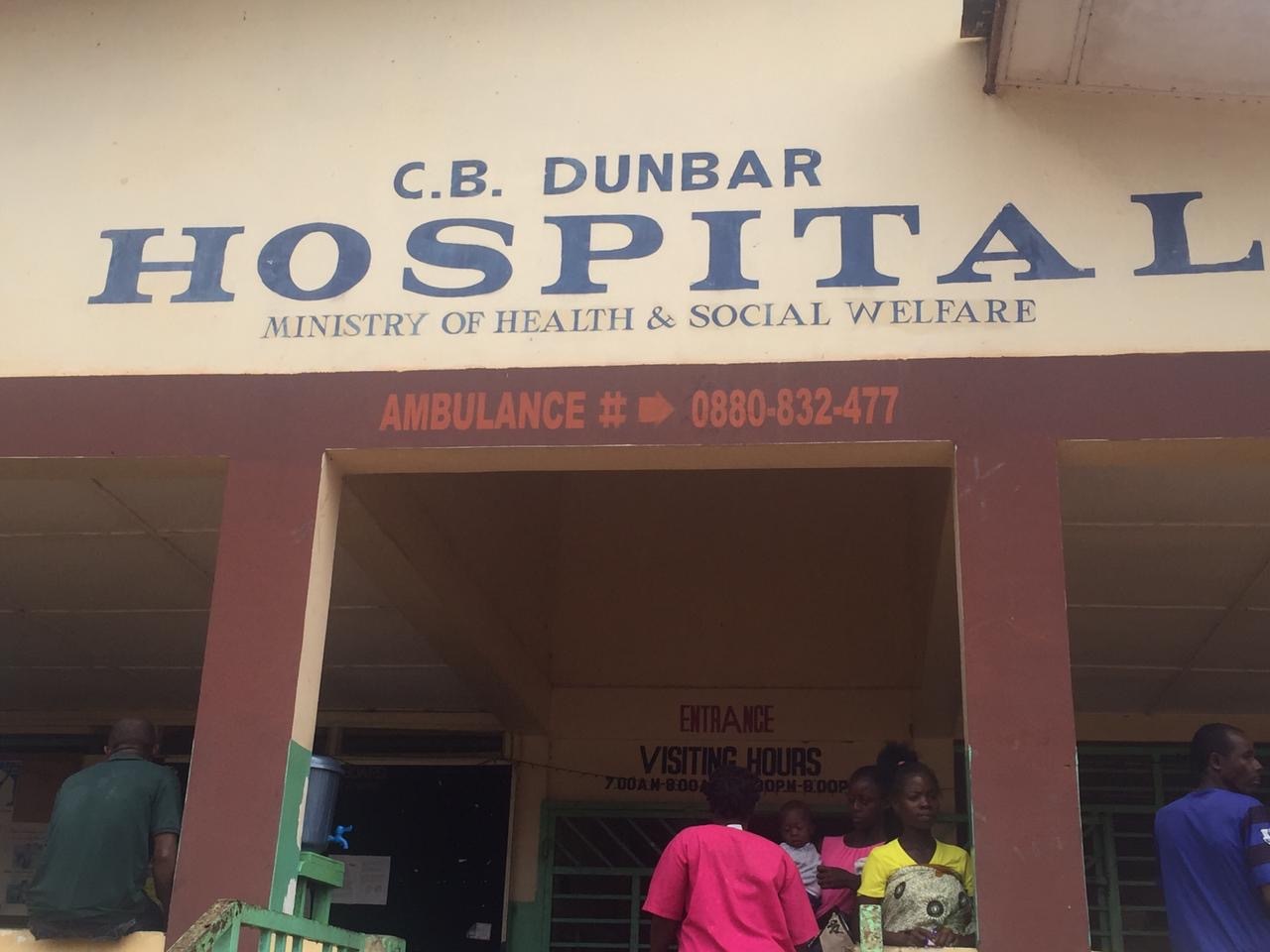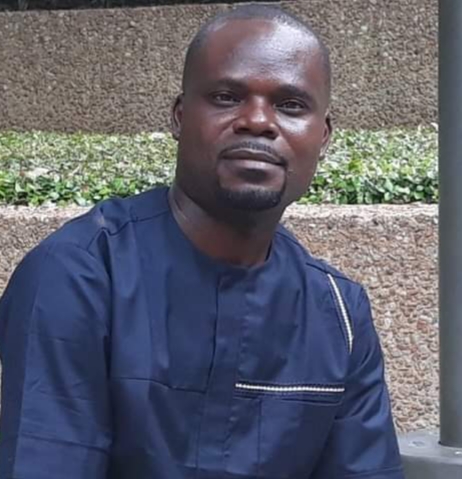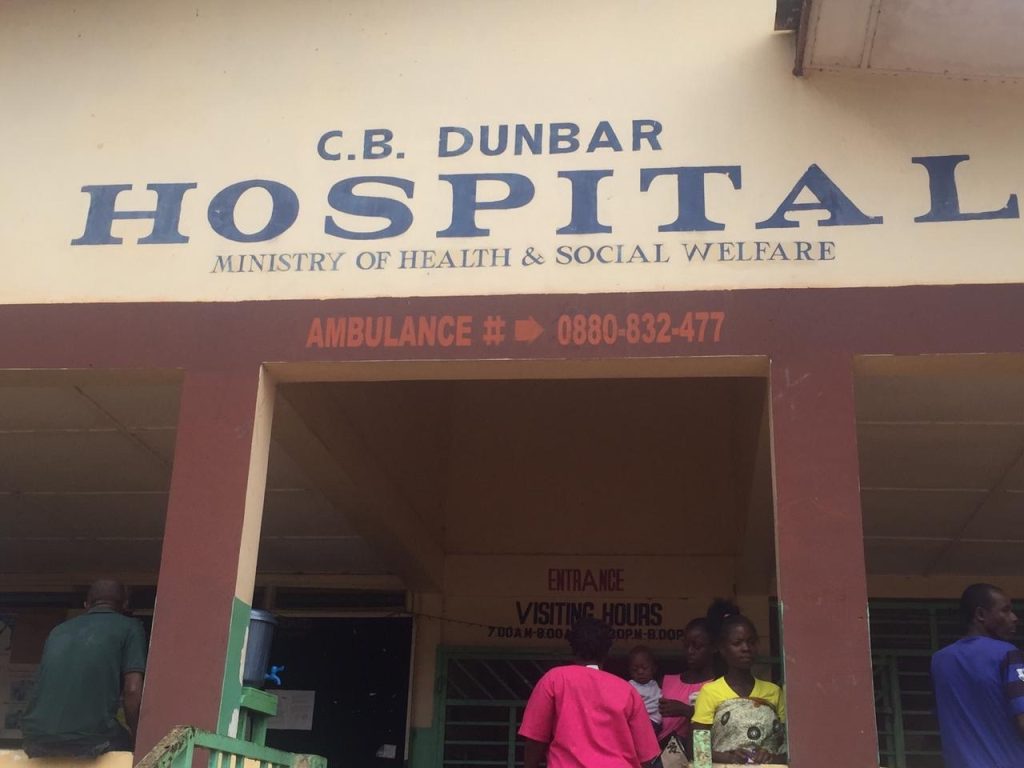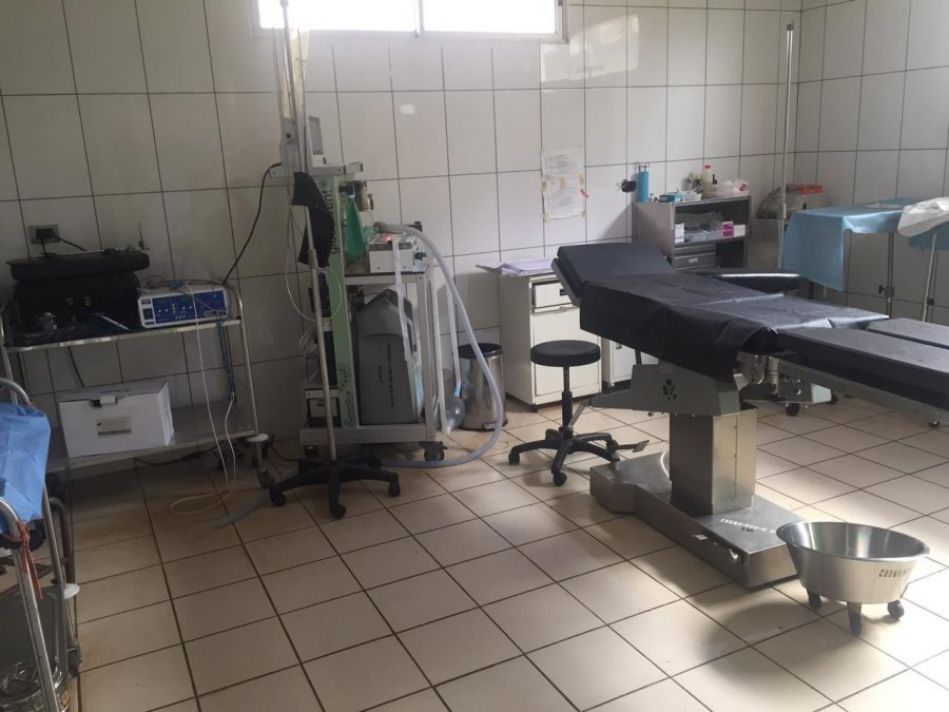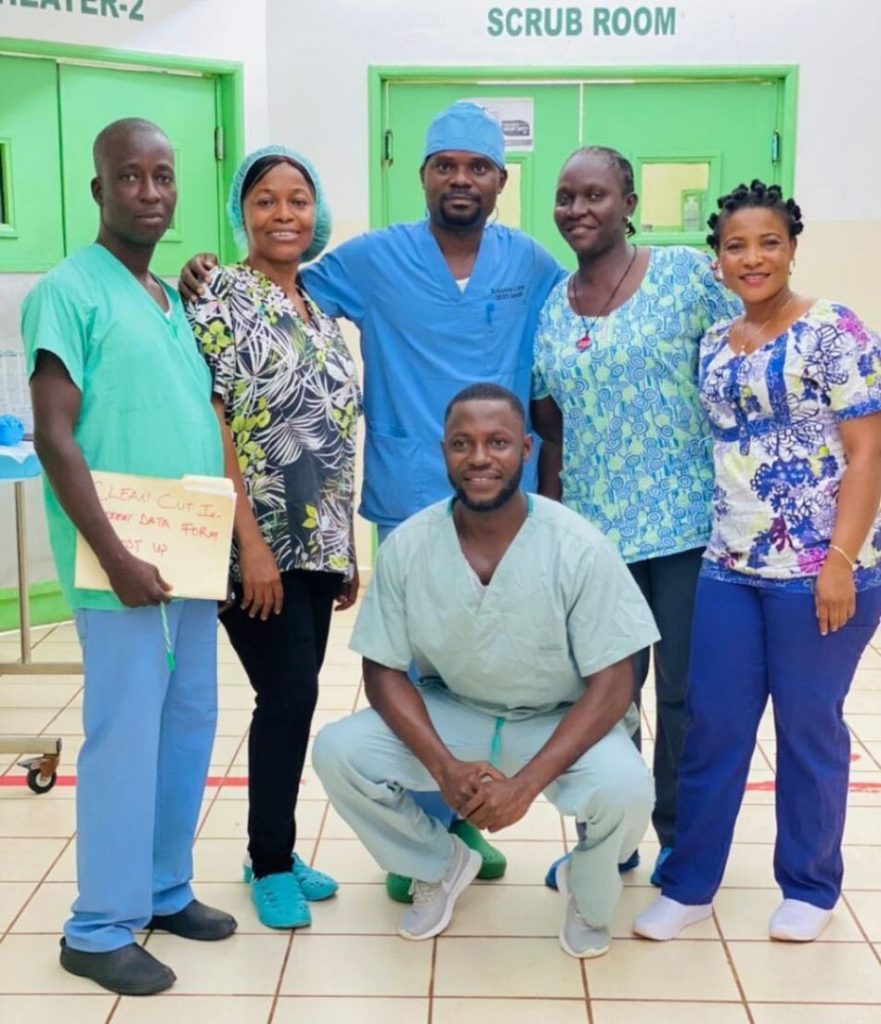“There is so much need in Liberia for qualified OB-GYN doctors, and that was an important factor in deciding to pursue this as my profession. As an OB-GYN provider my work is linked to sexual and reproductive medicine, including cesarean sections. Serving people in these areas brings professional joy and fulfilment.
It is very difficult to become a doctor in Liberia, but it is so worth it because there is a dire need for qualified doctors in our country. In 2016, the doctor-patient ratio in Liberia was one to 15,000. The World Health Organization recommends standards that include the ratio of one doctor for every thousand patients.
Our resources are very limited, and there is only one medical school. That medical school has capacity of only 50 students per year. There needs to be serious resources invested in the education and training of medical professionals to meet the national health needs of Liberia and serve our people.
As one of the poorest countries in the world, we have a very high maternal mortality rate. We see maternal mortality as one of the major challenges of the health system, so many women – 661 out of every 100,000 births – die. Reducing maternal mortality is one of the reasons why providers like me chose this specialty.


